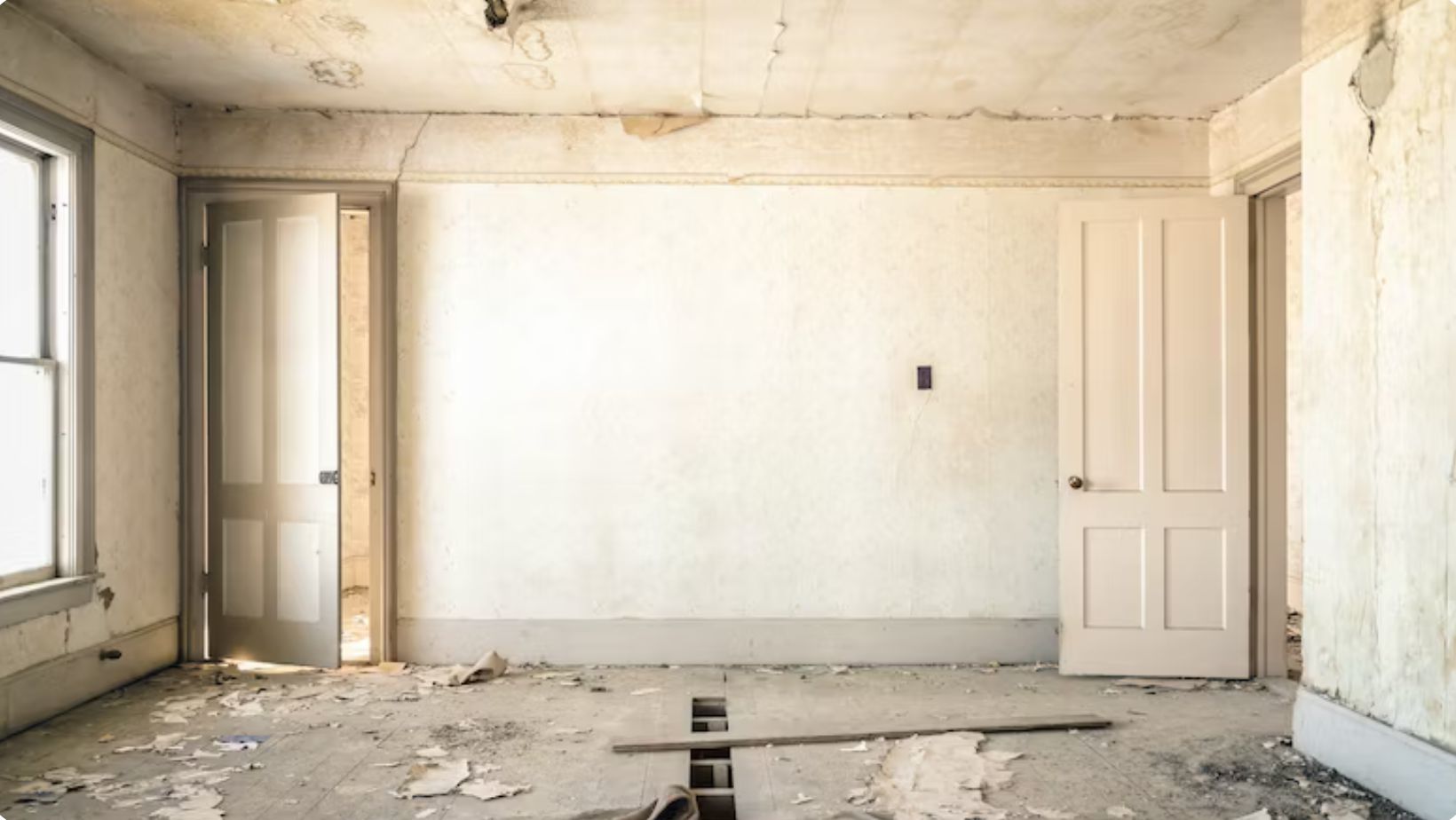Are you a homeowner who has recently carried out some repairs on your property? If so, you may be wondering if you can write off those expenses on your taxes. As an expert in this area, I can explain that the answer to this question depends on a variety of factors.
In general, home repairs are not tax-deductible. However, there are certain situations in which you may be able to write off these expenses. For example, if you use a portion of your home for business purposes, you may be able to deduct the cost of repairs to that area. Additionally, if you made any energy-saving improvements, such as installing solar panels, you may be eligible for a tax credit. It’s important to note that these deductions and credits have specific requirements and limitations, so it’s crucial to consult with a tax professional before claiming them.
Can You Write Off Home Repairs On Your Taxes
Home repairs can be a significant and ongoing expense for homeowners. Fortunately, some of these costs can be tax-deductible. However, it’s crucial to understand the rules and regulations surrounding tax write-offs for home repairs.
The IRS allows homeowners to write off certain home repairs, but only in specific circumstances. Typically, you can only claim a tax deduction for home repairs if they are considered necessary for your home’s maintenance and upkeep. Cosmetic improvements or renovations that add value to your home, such as adding a new swimming pool, aren’t eligible for tax write-offs.
Generally, tax deductions for home repairs fall into one of two categories:
- Medical necessity: If a home repair is necessary for medical reasons, you may be able to claim it on your taxes. For example, if you need to install a wheelchair ramp for a family member with mobility issues, this expense may be tax-deductible. Similarly, if you install an air conditioning system because of a medical condition, you may be able to claim it on your taxes.
- Casualty losses: Another category of tax-deductible home repairs is those related to casualty losses. These are unexpected or accidental losses that occur due to events such as fire, storms, or theft. If you experience a casualty loss, you may be able to deduct the cost of necessary repairs from your taxes.
It’s worth noting that tax rules are always changing, so it’s essential to stay up-to-date with the latest regulations and guidelines for home repair tax deductions. Additionally, it’s essential to keep detailed records of all home repairs and related expenses in case you need to provide proof at tax time.

In conclusion, while tax write-offs for home repairs are available, they are limited to specific circumstances. If you’re unsure whether a particular home repair is eligible for a tax deduction, it’s best to consult a tax professional or conduct thorough research before claiming it on your taxes.
As a homeowner, it’s important to be aware of the potential tax benefits of your home repairs. You might be wondering, “can you write off home repairs on your taxes?” The answer is a bit complex and depends on several factors.
Firstly, it’s important to understand that home repairs, in most cases, are considered personal expenses and are not tax-deductible. However, if the repairs are made for a business property or rental property, they may be considered an expense and deductible on your taxes.
Another exception is when home repairs are made to improve a property’s energy efficiency. These repairs may be eligible for tax credits through the government. Some examples of energy-efficient upgrades that may qualify for tax credits include adding insulation, installing energy-efficient windows and doors, and upgrading HVAC systems.
Additionally, if you have a home office, you may be able to deduct a portion of your home repairs that go towards maintaining that office. This deduction is calculated based on the percentage of your home’s total square footage that is used for business purposes.
It’s important to note that there are limits to the amount of deductions and credits that can be claimed for home repairs. Be sure to consult with a tax professional to ensure that you are following all the necessary rules and guidelines when claiming deductions or credits for your home repairs.
In summary, while most home repairs are not tax-deductible, there are a few exceptions. Repairs made for business or rental properties, energy-efficient upgrades, and home office deductions may all provide potential tax benefits. Always consult with a tax professional to ensure you are following the proper procedures when claiming deductions or credits for your home repairs.
Conclusion:
In summary, determining whether you can write off home repairs on your taxes depends on various factors, such as the type of repairs, the reason for the repairs, and the tax regulations in your state or region.
Keep in mind that ordinary home repairs, like fixing a leaky roof or painting your walls, are generally not tax-deductible. However, if the repairs are necessary for your home business, rental property, or medical purposes, you may be eligible for deductions or credits.
To ensure you follow the correct guidelines and maximize your potential tax savings, it’s best to consult with a licensed tax professional or use tax software that can help guide you through the process.
Overall, while it may seem tempting to try and write off all your home repairs, it’s important to proceed with caution and only claim deductions that you’re eligible for. By doing so, you can avoid costly penalties and audits and maximize your potential tax savings within the legal parameters of your state or region.


